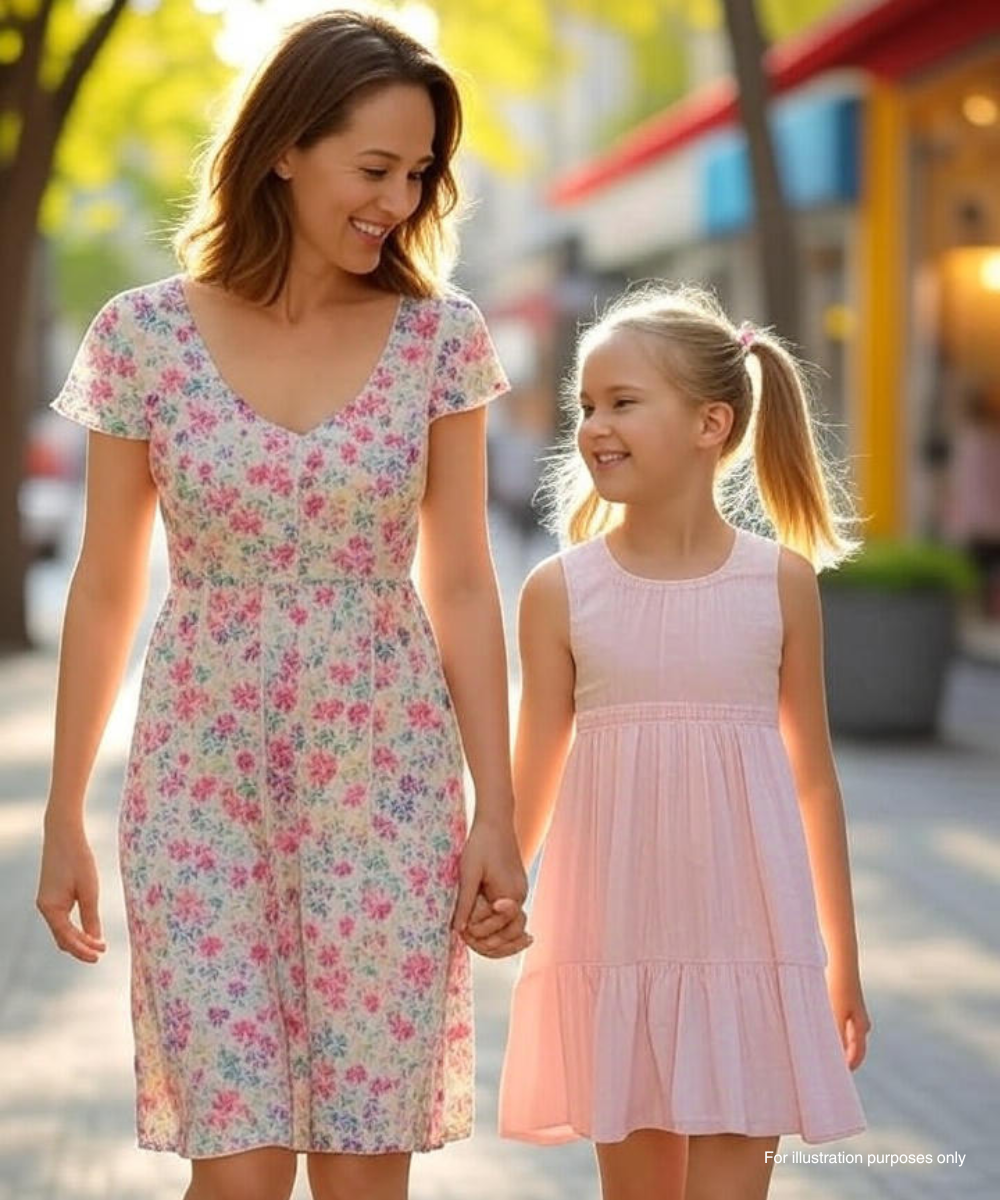They said she might not make it through the night.
In the sterile brightness of the ICU, Alla floated between consciousness and surrender. Machines pulsed steadily. Beeps stitched time together, but she was adrift—no longer anchored to the world, nor fully gone from it.
Somewhere above, a voice cracked through the veil.
“Allochka, please… stay.”
Kolya. Familiar, tired. Was it love? Or guilt?
And then — nothing. Only the cool silence of surrender.
But life is strange. It clings, even when we ask it not to.
Alla returned in pieces. A ceiling tile. The scent of antiseptic. The weight of her own body. Then — footsteps. Small ones.
A child stood at her bedside.

She couldn’t have been more than six. Tangled hair, uncertain eyes.
“I’m Katya,” she said plainly. “Are you dead?”
Alla’s lips parted. A whisper.
“Not yet.”
“Good,” the girl nodded. “Because dying is boring.”
She dropped into the chair like she belonged there.
Katya spoke of things beyond her years — of a mother who vanished, of a grandmother who cooked but didn’t talk much, of a kindergarten full of “liars and crybabies.”
Alla listened. Really listened. For the first time in a long while, something tugged at her chest — not pain, but yearning.
Before Katya left, she looked back.
“I’ll come tomorrow. Don’t die, okay?”
And then, she was gone.
The doctor was kind. Serious, but not cold. Yuri Anatolyevich. He didn’t feed her false hope.
“You’re fighting,” he told her. “Your body’s tired, but not done.”
She wanted to ask for Kolya, but Yuri answered the question she hadn’t asked.
“He left. A while ago.”
No surprise. Only a dull ache where love once lived.
“You can still live, Alla. But you need something to live for.”
She thought of the girl. Katya.
That evening, the child returned, just as promised.
“Do you have kids?” Katya asked, fingers tracing invisible shapes on the windowsill.
Alla shook her head. “I wanted to. It never happened.”
Katya nodded solemnly.
“Then let’s pretend. You can be my mom, and I’ll be your kid. Just for now. Or longer.”
Alla’s throat burned. A simple offer, carved from innocence.
“Let’s,” she whispered.
Day by day, light crept back into Alla’s body. Strength in her hands. Color in her cheeks. Laughter, even, when Katya brought her silly drawings and wild stories.
Yuri noticed the change. So did the nurses.
But shadows lingered.

The truth about Kolya surfaced in fragments — strange bank transactions, missing funds, whispers of betrayal. Then the revelation: her car accident wasn’t an accident. Tampered brakes. Intentional damage. A husband who wanted her gone.
Yuri stood beside her as the detective explained.
“He was caught boarding a plane. We have evidence.”
No tears. Just a steady breath.
She had nearly died. Not from illness, but from being invisible in her own life.
But not anymore.
The weeks that followed felt borrowed — but also earned.
Yuri visited more often. Katya, too. Her grandmother even brought soup one day and mumbled something that sounded like thanks.
The ward changed. So did Alla. She began to see herself not as someone recovering, but someone becoming.
When the day of discharge came, she stepped outside with Yuri holding one hand, Katya the other.
“Come live with us,” Katya declared. “You’re ours now.”
A breeze moved through Alla’s hair. The sun felt warm on her skin. Not dazzling — but enough.
Enough to begin again.
In a quiet house filled with drawings, mismatched mugs, and soft voices, Alla found home. A child who had been left behind. A doctor who had stopped being a stranger. And a woman who had nearly died, only to discover life—imperfect, unpredictable, and finally… her own.
